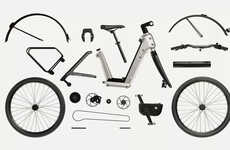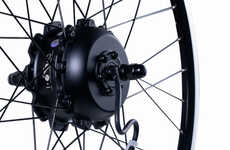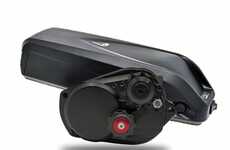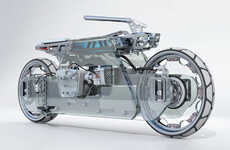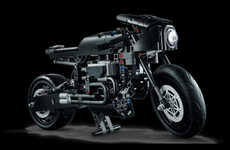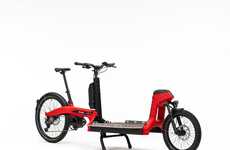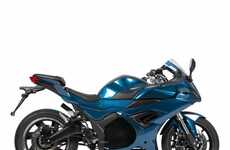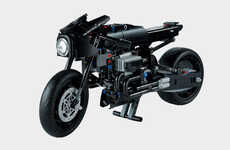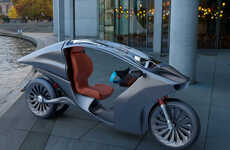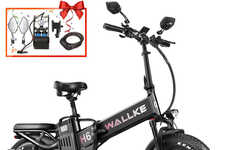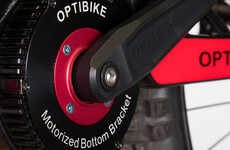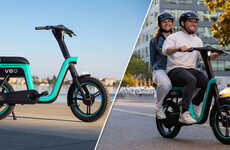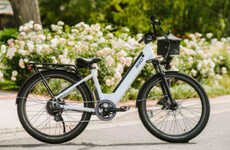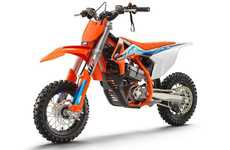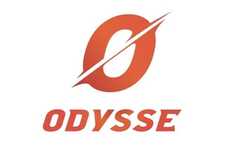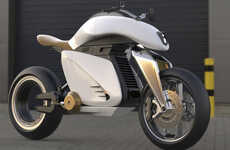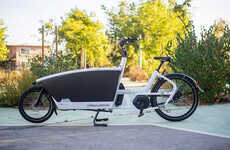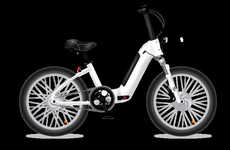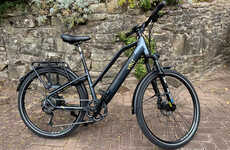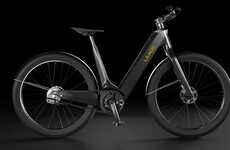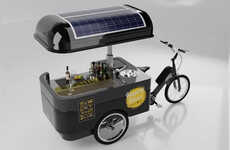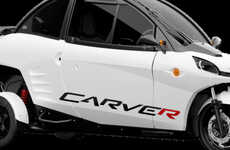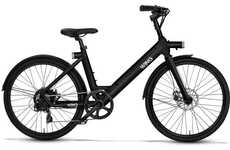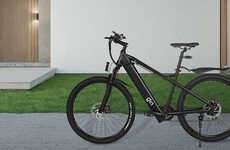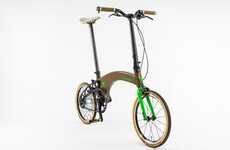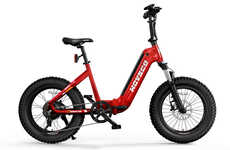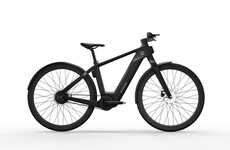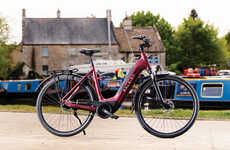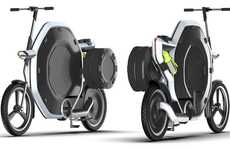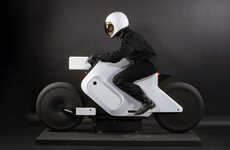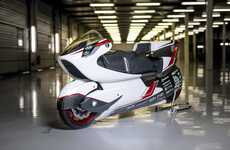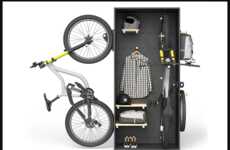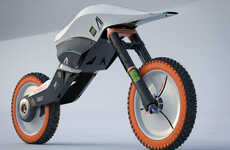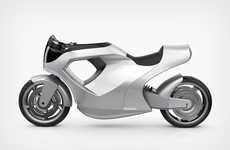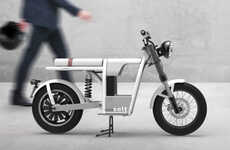
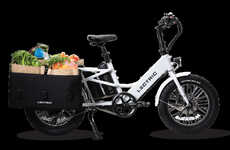

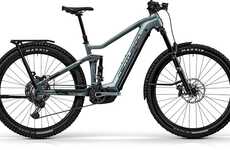
Mobility companies launch modular products for covenience and reduced cost
Trend - E-bike brands are launching fewer bike models in favor of modular attachments. This enables lower-cost bikes with additional revenue gained from module sales. This trend reduces the barrier to entry, enabling customers to start with a necessities-only bike and build function over time.
Insight - The two largest barriers preventing traditional bike riders from adopting e-bikes are costs and battery concerns. These riders do not want to spend three times the cost of a traditional bike for an e-bike that is often equipped with unneeded features. However, no-frills bikes often run out of utility once multiple situations are considered. Therefore, these consumers desire affordable, entry-level bikes with clear downstream upgrade paths when more features are desired.
Insight - The two largest barriers preventing traditional bike riders from adopting e-bikes are costs and battery concerns. These riders do not want to spend three times the cost of a traditional bike for an e-bike that is often equipped with unneeded features. However, no-frills bikes often run out of utility once multiple situations are considered. Therefore, these consumers desire affordable, entry-level bikes with clear downstream upgrade paths when more features are desired.
Workshop Question - How could your brand create an accessible and desirable ecosystem?
Trend Themes
1. Modular Design - E-bike brands are launching modular attachments to enable low-cost bikes with additional revenue gained from module sales.
2. Modularity-focused Products - Premium bicycle manufacturers are releasing e-bikes with situational accessories, enabling a wider range of users to benefit from quality e-bikes.
3. Adaptive Transportation - Bikes and motorcycles are being developed with component upgradeability and modularity to meet the needs of consumers in a range of situations.
Industry Implications
1. Electric Bike Manufacturing - Business professionals in the electric bike industry can benefit from launching modular designs that enable low-cost entry points and revenue opportunities, as well as situational accessories for a wider range of users.
2. Transportation and Mobility - The developing trend of consumer modularity in transportation products is likely to disrupt notions of conventional car ownership, particularly for situational transport needs and for users seeking environmentally-friendly modes of transportation.
3. Smart Accessory Manufacturing - Companies specializing in smart and modular accessories can leverage the growing market trend to offer adaptable and customized add-ons that fit a wide range of personal electronic transportation devices.
